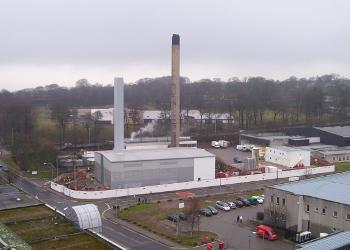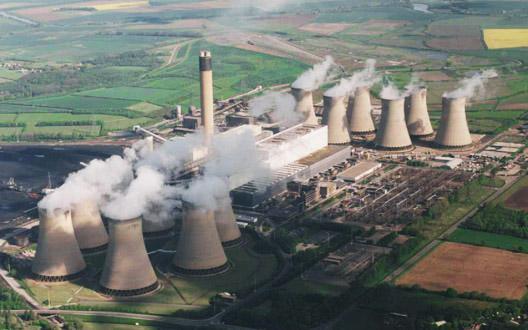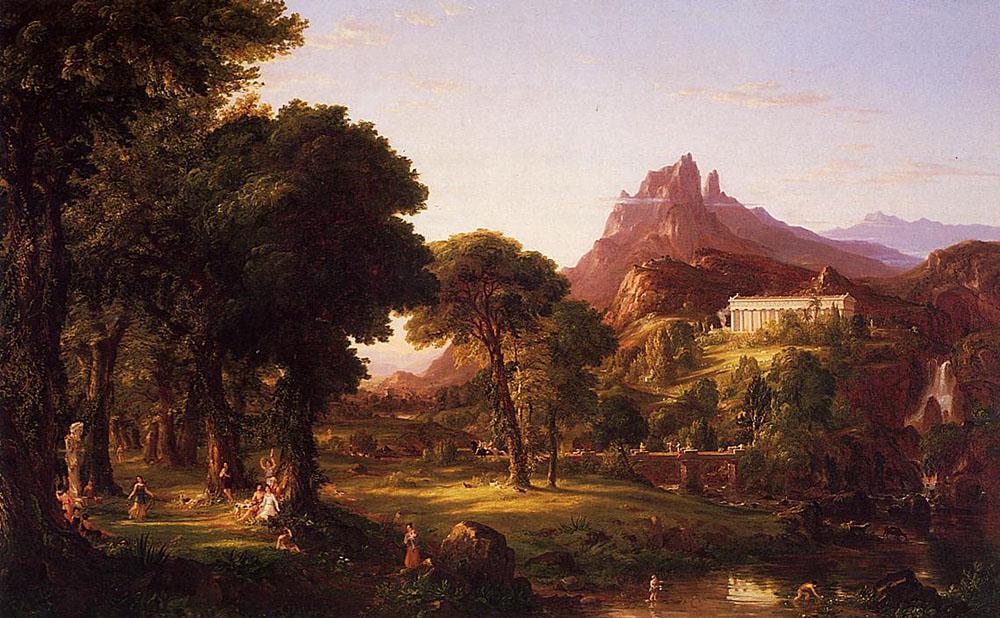 Rainforest - not for burning
A biofuel is any fuel recently produced by a living organism. It could be a twig that falls in your back garden that you put into your wood-burning stove. It could also be trees from a rainforest shipped to an inefficient, old power station that releases most of the energy as "waste" heat through redundant, totemic cooling towers. Clearly, biofuels can be good or bad depending on a range of factors. Overall, we can apply the same principles to evaluate if a biofuel is sustainable as anything else. If it is small-scale, local, regenerative and promotes biodiversity - it is sustainable. Anything else - isn't.

Local energy - Aberdeen health campus CHP
SUPPORTED BY HEROES LIKE YOU
Support independent eco journalism that drives real change.We can imagine a hierarchy of biofuels. The best, at the top, convert local waste into a fuel. BioRegional pioneered this approach 10 years ago when they collected local tree surgeon waste to burn in their combined heat and power plant. New companies like Loowatt recognise that even human waste has a calorific value that can be used to create useful energy. There are countless other ingenious innovations converting waste streams and untapped biological productivity into useful energy, reducing the need to burn fossil fuels. Converting agricultural land to produce biofuels is flawed and thus is lower on the biofuel hierarchy. Reducing the supply of food increases prices making it harder for the poorest in our world to get fed. Sadly and consistently, when mega-corporations co-opt ecological solutions and lobby for them to be turned into diktats by nation states and federations of nation states the magic has totally been lost. At the bottom of our hierarchy are large-scale, structural and institutional processes that lock us in to burning forests for decades in inefficient power stations.

Drax - yes those cooling towers are wasting 70% of the fuel's energy
The conversion of Drax power station to burn word pellets instead of coal is proudly described by the company that runs it and the supportive politicians also invested in large-scale power generation as "environmental leadership". The switch to "sustainable biomass" is presented as a climate solution. This is plainly absurd and demonstrates both the depths energy companies will sink to keep old power stations running and the extent to which they think the rest of us can be hoodwinked. Their hubris is mendacious. Global supply chains are notoriously opaque. When the power station sources wood chips from global commodities markets many of those pellets will have been rainforest. Even if, as Drax claims, the wood will be from "sustainably harvested" forests in North America the process is clearly bogus. How much carbon will be released cutting the forests down and shipping the trees to England? Also, presumably, we are expected not to concern ourselves with the animals that live in the forest. They are omitted from their nasty little spreadsheets.

Cute forest animals do not deserve to die
It is fundamental that we are not lulled into using metrics of sustainability that miss the point. Focussing on atmospheric stability and reducing carbon emissions are useless if we ignore ecological stability. We cannot allow the last great woodland habitats on earth to be fed into furnaces to keep fuelling a global economy that, in any case, long ago abandoned improving human well being in favour of the lurching mania of humanities grim, quixotic last dance - endless work for endless consumption. The EU policies promoting biofuels are misguided. Like the modification of the Drax power plant these policies don't encourage lifestyle changes that can improve our well being and reduce our ecological footprint - things like promoting localization, human powered transport and local food and energy production. Rather than reducing the use of private cars the biofuel laws keeps them running. This doesn't benefit people or planet, only the business models based upon thermal energy systems, internal combustion engines and the people that profit from them. Rather than stoking the fires of an economy that consumes the biosphere we could dial it down. If we all travelled and worked less we could spend more time growing food, fixing and making things caring for our young and elderly, creating art and music, dancing, cooking, pleasuring each other sexually and generally savouring existence. Sustainability may motivate us to change but the outcome is better lives. Local and less industrial lives require less energy - but we will still need plenty. This is no problem. Creating small-scale, local power stations creates local jobs, empowers communities, reduces fuel bills and shifts political power away from global mega-corps. Decentralising emerges as the solution to many contemporary ills. All around us new solar panels, wind turbines and tidal arrays branch out like the first plants to emerge out of the primeval murk. They offer us a golden ticket; the journey to a future of limitless free energy in which wild spaces can be preserved, offering humans the eternal joy of a bountiful and abundant eden in which to live. In contrast, the regressive forces of conservatism seeking to keep the grim industrial furnaces fired-up to burn trees are a dark, abomination. We have to resist with every element of our biology because burning trees to power televisions is very hell.

Thomas Cole - Dream of Arcadia
```
```



